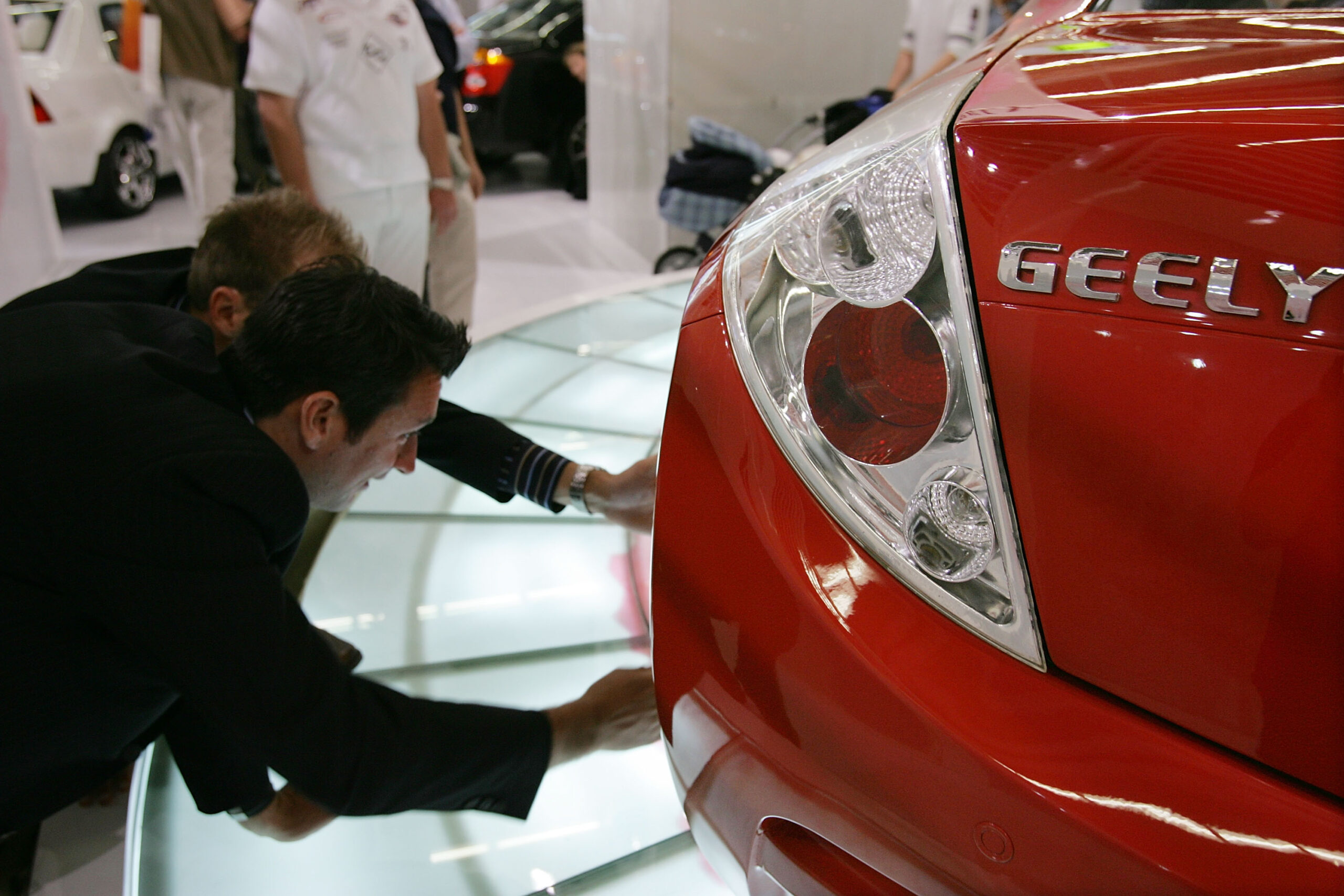Tesla Inc. (NASDAQ: TSLA) is grappling with significant challenges as it faces increasing competition from other electric vehicle (EV) manufacturers. In the latest earnings report, Tesla generated $28 billion in revenue, with over $21 billion attributed to its automotive division. Despite Elon Musk’s assertion that Tesla is primarily a robotics and artificial intelligence company, its financial performance underscores the continuing dominance of its car sales.
One of Tesla’s most pressing issues is the loss of market share to competitors such as BYD and Geely, particularly in key markets like the United Kingdom and Europe. Analysts indicate that local EV producers are gaining ground in regions where Tesla once enjoyed a more commanding presence.
Tesla’s valuation, currently at $1.4 trillion, places it as the tenth largest company globally. However, its share of the U.S. EV market has dropped to less than 45% as of the second quarter of this year, a significant decline from nearly 80% in previous years. In China, where local brands are rapidly expanding, Tesla is facing heightened competition, particularly from BYD, which has established a strong foothold.
Challenges in Europe and the UK
Sales in the European Union have also posed challenges for Tesla, with reports indicating that in certain months this year, sales figures fell by double-digit percentages when compared to the same time last year. Legacy automakers such as Volkswagen, Mercedes, and BMW are increasing their market presence, making it difficult for Tesla to maintain its previous sales momentum.
The dynamics in the United Kingdom are markedly different from those in the EU. According to the Financial Times, the UK does not impose the same high tariffs on Chinese EVs as the EU and the U.S., allowing manufacturers like BYD and Geely to compete more effectively. “Currently, the UK market is more open and a friend for Chinese brands,” said Michael Yang, the head of Geely Auto UK. This favorable environment has provided an entry point for Chinese manufacturers, who are now vying for a share of the market that Tesla has long considered its own.
Geely Auto, part of Geely Holding, is one of the notable Chinese competitors aiming to capture market share in the UK. The company, which owns brands such as Volvo, Polestar, Lotus, and Aston Martin, reported unit sales in China for the first half of this year reaching 1,409,180 vehicles, reflecting a 48% increase year-over-year. Geely has ambitious plans to sell 100,000 units in the UK, a target that could position it ahead of both Tesla and BYD, according to the Financial Times.
Future Outlook for Tesla
The competition from Chinese car manufacturers highlights a crucial turning point for Tesla, which has relied on its first-mover advantage in various international markets. As Geely and others push aggressively into the UK, Tesla’s established market presence may not be enough to fend off this new wave of competitors.
In conclusion, the landscape for electric vehicles is evolving rapidly, and Tesla’s challenge is not only to defend its market share but also to innovate in a space that is becoming increasingly crowded. With companies like BYD and Geely making significant inroads, the next few years will be critical for Tesla as it navigates this new competitive terrain.
